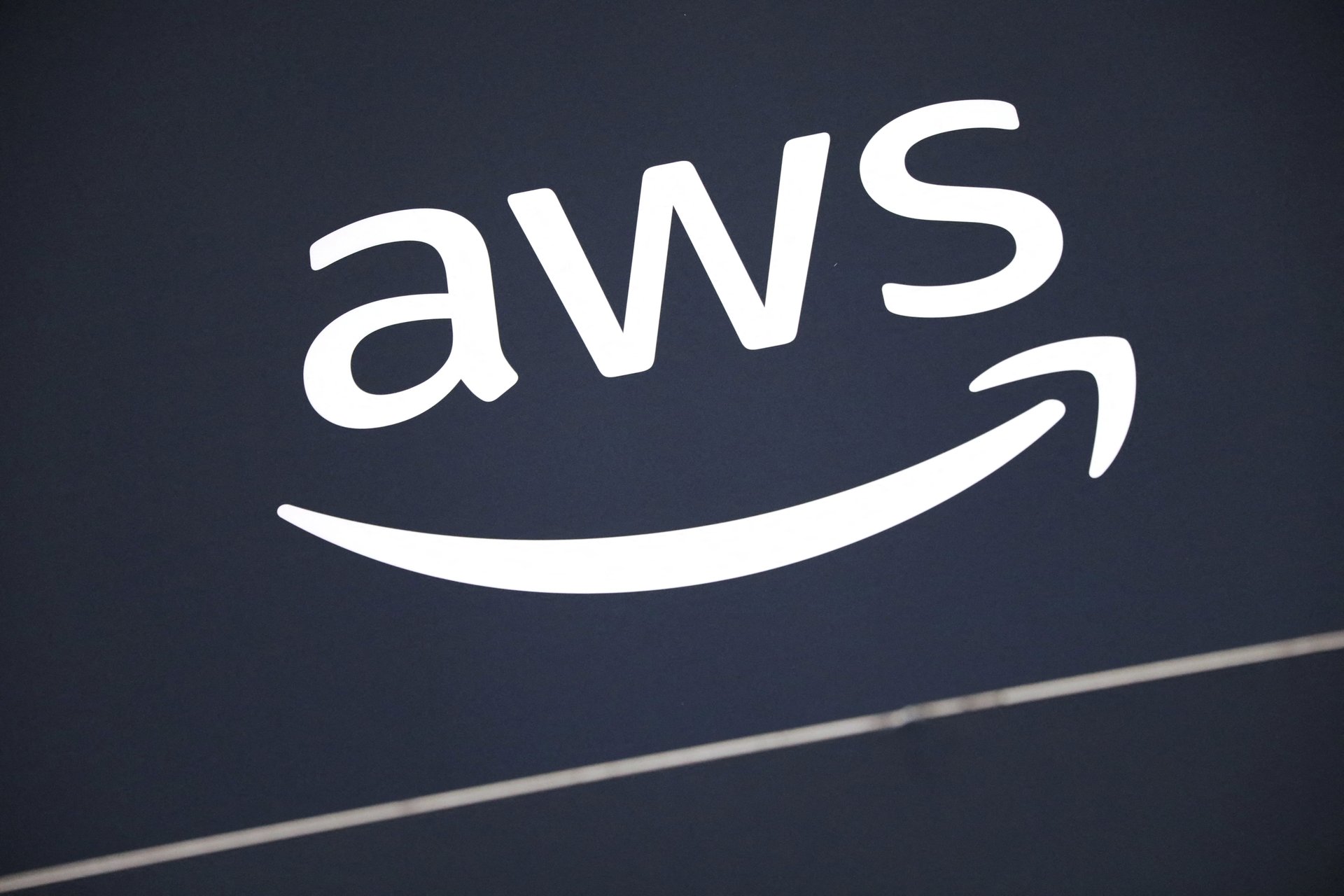Amazon just copied Google and is letting customers leave its data ecosystem for free
Amazon Web Services and Google Cloud's fee cancellations follow the passage of the European Data Act

Amazon announced Tuesday that it’s cancelling the so-called “egress” fees it charges customers who leave its cloud — something Google already did two months ago.
Suggested Reading
Why does this matter? The tech giants’ moves promote competition by making it easier for users to leave their data ecosystems, which was the whole point of the European Data Act passed by the European Union on Jan. 11. The regulation set a framework to make it easier for consumers and businesses to “effectively switch between different providers of data-processing services” in order to “unlock the EU cloud market.”
Related Content
Notably, both Google and Amazon’s changes to their policies apply to customers across the globe, rather than just EU countries. Amazon already lets users transfer 100 gigabytes per month for free from its cloud provider Amazon Web Services (AWS), which covers most customers. But the old policies wouldn’t let companies move their entire data to another provider for free, for example.
“We believe in customer choice, including the choice to move your data out of AWS,” Sébastien Stormacq, a coder for Amazon, said in the company’s announcement Tuesday.
Google’s announcement, which came the same day the European Data Act was passed, took a similar frame. “We will continue to be vocal in our efforts to advocate on behalf of our cloud customers,” it said.
Amazon Web Services, Microsoft Azure, and Google Cloud Platform are the largest three cloud service providers, making up 66% of the global market, according to Synergy Research Group. Microsoft did not immediately respond to Quartz’s inquiry about whether it plans to offer free data transfers.
Other “tier two” providers are Oracle, Snowflake, MongoDB, VMware, Huawei, and China Telecom.
